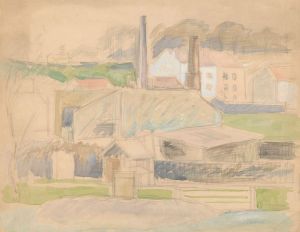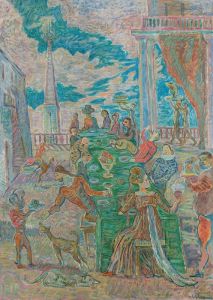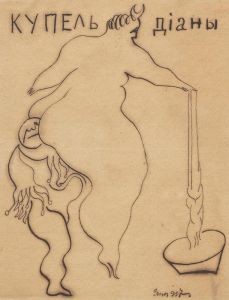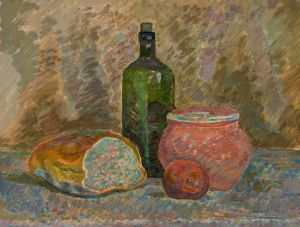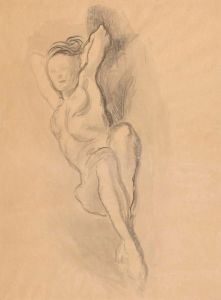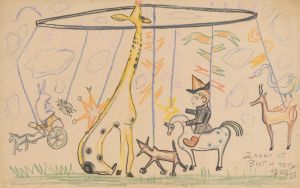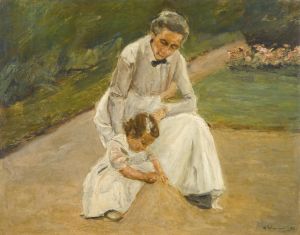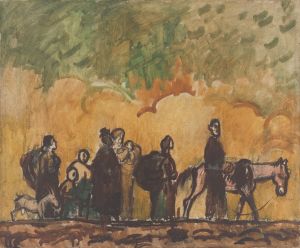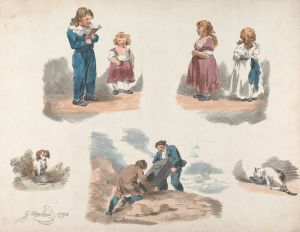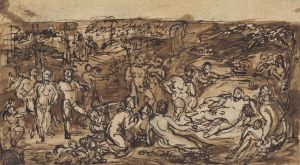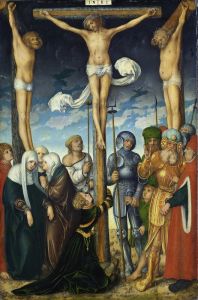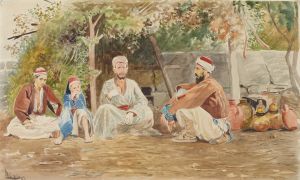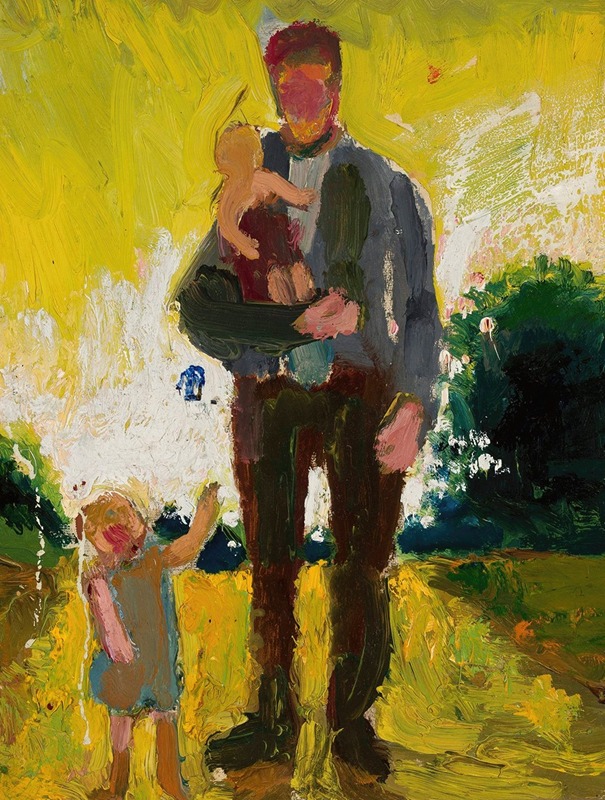
Man with children
A hand-painted replica of Zygmunt Waliszewski’s masterpiece Man with children, meticulously crafted by professional artists to capture the true essence of the original. Each piece is created with museum-quality canvas and rare mineral pigments, carefully painted by experienced artists with delicate brushstrokes and rich, layered colors to perfectly recreate the texture of the original artwork. Unlike machine-printed reproductions, this hand-painted version brings the painting to life, infused with the artist’s emotions and skill in every stroke. Whether for personal collection or home decoration, it instantly elevates the artistic atmosphere of any space.
Zygmunt Waliszewski was a prominent Polish painter known for his contributions to the modern art movement in Poland during the early 20th century. His works often reflect a blend of influences, including Post-Impressionism and Expressionism, characterized by vibrant colors and dynamic compositions. Among his notable works is the painting "Man with Children," which exemplifies his unique artistic style and thematic interests.
"Man with Children" is a painting that captures a moment of interaction between an adult male figure and several children. Waliszewski's approach to this subject matter is both intimate and expressive, showcasing his ability to convey emotion and narrative through visual art. The painting is marked by its use of bold colors and expressive brushwork, which are hallmarks of Waliszewski's style. These elements combine to create a sense of movement and life within the composition, drawing the viewer into the scene.
The painting reflects Waliszewski's interest in everyday life and human relationships, themes that are prevalent throughout his body of work. By focusing on the interaction between the man and the children, Waliszewski explores the dynamics of care, guidance, and innocence. The figures are depicted with a sense of immediacy and presence, inviting viewers to consider the nature of these relationships and the emotions they evoke.
Waliszewski's work was heavily influenced by his education and experiences. He studied at the Academy of Fine Arts in Kraków, where he was exposed to various artistic movements and techniques. His travels to Paris further enriched his artistic perspective, allowing him to engage with the works of European masters and contemporary artists. This exposure is evident in "Man with Children," where one can see the synthesis of different artistic influences that Waliszewski absorbed throughout his career.
The painting also reflects the broader cultural and artistic context of Poland during the interwar period. This was a time of significant change and experimentation in the arts, as Polish artists sought to establish a modern national identity while engaging with international trends. Waliszewski was part of this movement, contributing to the development of modern Polish art through his innovative approach and distinctive style.
"Man with Children" is a testament to Waliszewski's skill as a painter and his ability to capture the complexities of human experience. The painting remains an important part of his oeuvre, illustrating his commitment to exploring the human condition through art. While specific details about the painting's provenance or current location may not be widely documented, its significance within Waliszewski's body of work and its representation of his artistic vision are well recognized.
Overall, "Man with Children" is a compelling example of Zygmunt Waliszewski's contribution to modern art. Through its vibrant colors, expressive forms, and poignant subject matter, the painting continues to resonate with audiences, offering insight into the artist's world and the broader cultural landscape of his time.







